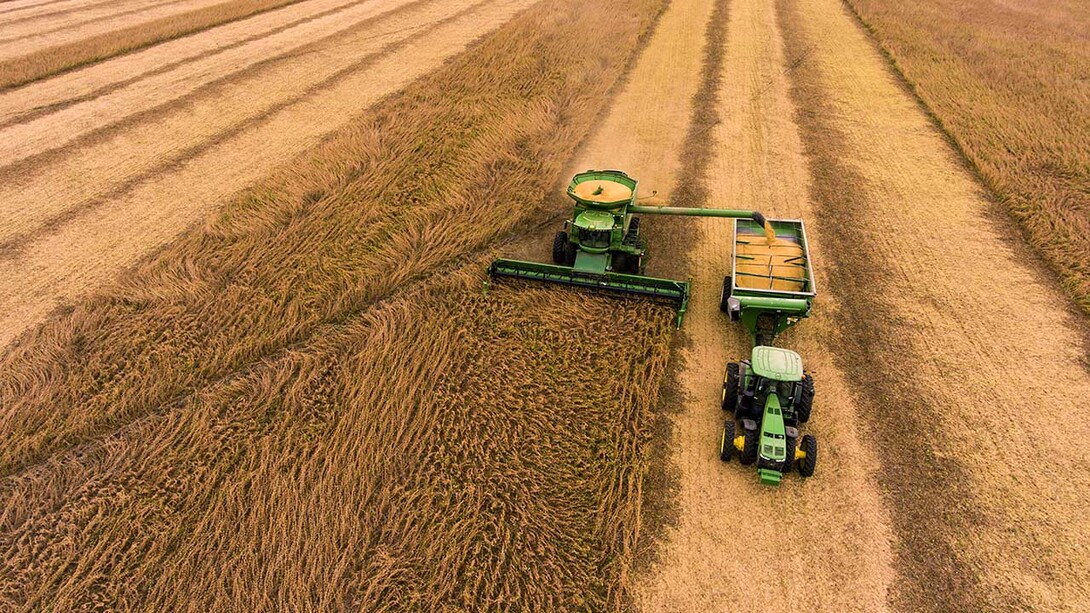
Managing weed challenges, integrating cover crops, and identifying and controlling new pest threats are among the featured topics at the Nebraska Crop Management Conference Jan. 28-29 in Kearney.

Geared to farmers and agribusiness professionals, the conference offers research-based, in-depth presentations on a variety of timely topics specific to Nebraska crop production, said Chris Proctor, conference coordinator and extension weed science educator. There will be 24 presentations, with many offered more than once so that attendees can be sure to catch priority sessions. Nebraska Gov. Pete Ricketts will address the audience on the afternoon of Jan. 29.
Online registration for the conference, to be held at the Younes Conference Center, is available here. Registration is $150 for both days or $80 for one day through Jan. 20, $165 for both days or $95 for one day after that.
“The conference offers unique opportunities to learn about recent research and new recommendations to address the current and developing challenges that crop managers face in Nebraska,” Proctor said. “It also offers opportunities for attendees to talk with researchers and crop and agribusiness experts from across the state.”
Speakers are from the University of Nebraska–Lincoln and universities in neighboring states.
Laura Lindsey, Ohio State University soybean and small grain extension specialist, will address variable rate seeding and options for lowering soybean seeding rates while still achieving projected yields.
Rhae Drijber, professor of agronomy and horticulture at Nebraska, will explore how intensifying or diversifying corn cropping systems affects the structure and function of the bacterial communities, with possible impacts on crop productivity.
Other topics include:
“How Much Cover Crop Growth is Needed for Weed Control: A Review of Cover Crop Research in the Corn Belt”
“Corn Growth and Development: Updating an Old Paradigm of Dry Matter and Nutrient Accumulation and Partitioning”
“Using Cover Crops as a Tool for Managing Herbicide-Resistant Weeds”
“Trends in Technology for Irrigation Scheduling”
“How to Implement Sensor-Based In-Season N Management via Manure, Fertigation or Sidedress”
“Critical Time for Weed Removal in Corn and Soybean as influenced by PRE Herbicides”
To view the full agenda for the conference, click here.
The conference also provides commercial and private pesticide license recertification, up to 12 Certified Crop Adviser credits for both days, and dicamba training.







